EU warns airlines to avoid Lebanese, Israeli airspace as military conflict intensifies
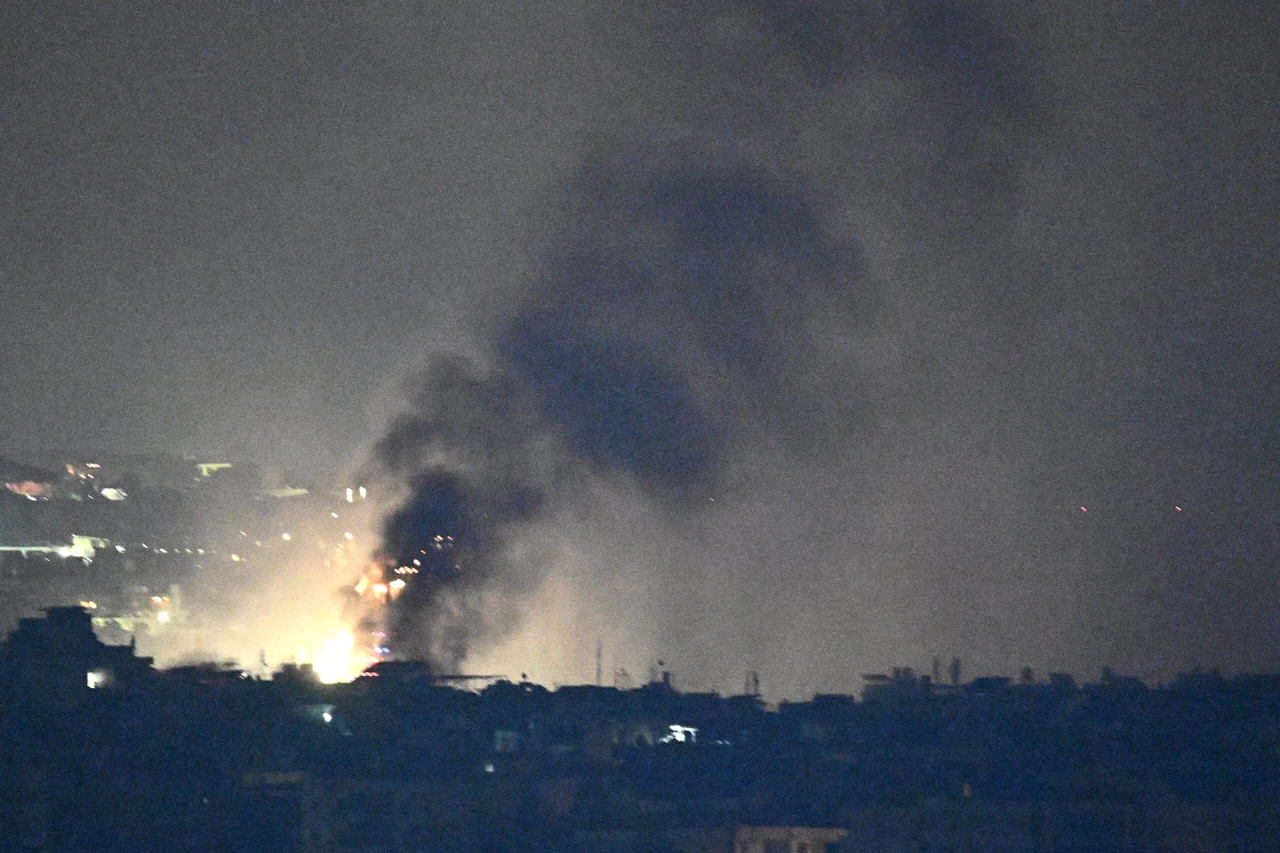 Smoke rises from the site of an Israeli airstrike on Beirut's southern suburbs on September 28, 2024. (AFP Photo)
Smoke rises from the site of an Israeli airstrike on Beirut's southern suburbs on September 28, 2024. (AFP Photo)
The European Union, issued an advisory urging airlines to avoid Lebanese and Israeli airspace, citing increasing military tensions between Israel and Hezbollah.
The European Commission and the European Union Aviation Safety Agency (EASA) issued a Conflict Zone Information Bulletin (CZIB), warning airlines not to operate in these airspaces until at least 31 October 2024. The advisory may be revised or withdrawn based on future developments.
In a joint statement, EASA and the European Commission noted the rising intensity of airstrikes and the deteriorating security situation. They emphasized the importance of protecting civilian aviation and warned, “We are closely monitoring the situation to assess if risks to EU aircraft operators are increasing or decreasing.”
The advisory applies to flights at all altitudes in Lebanese and Israeli airspace, with the agency stressing the need for airlines to stay away from these areas for passenger and crew safety.
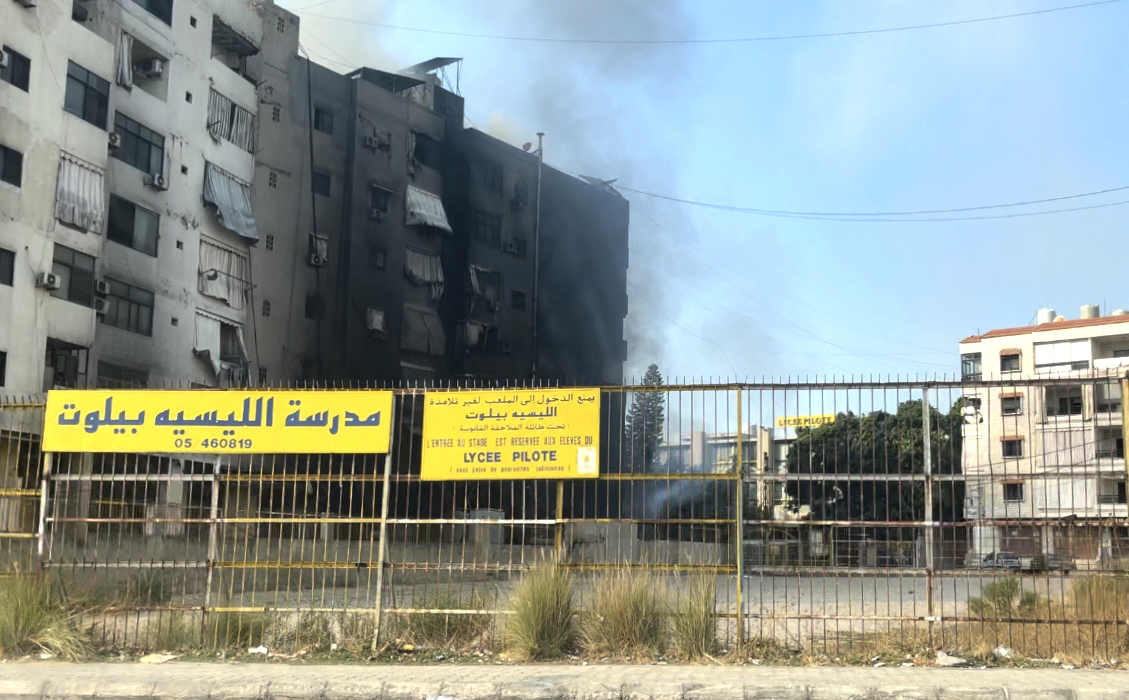
Airlines respond to European Union’s warning about Lebanese, Israeli airspace
Several airlines immediately responded to the advisory. Wizz Air, one of the first to take action, suspended its flights to Israel for 48 hours. The airline cited growing concerns about safety following Israel’s airstrike that killed Hezbollah leader Hassan Nasrallah. More airlines are expected to follow suit in the coming days as tensions escalate in the region.
Lebanese officials also took preventive steps, blocking an Iranian aircraft from entering Lebanon’s airspace. This decision came after Israeli authorities issued a direct warning, threatening to use force if the plane attempted to land in Beirut. Lebanon’s Ministry of Transport stated that they acted swiftly to ensure the safety of civilians.
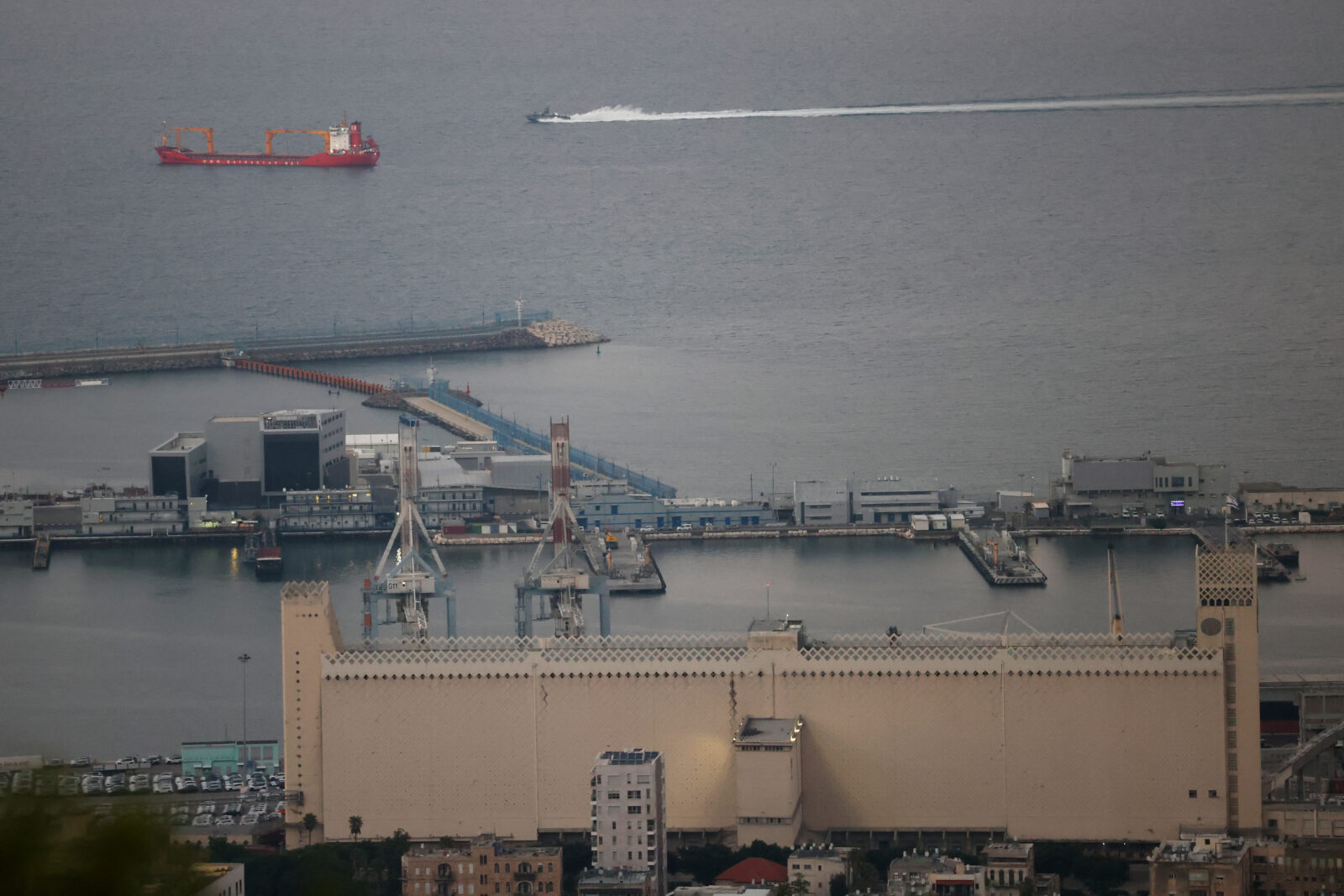
Lebanon’s military faces challenges while maintaining security
The Lebanese Armed Forces (LAF) are working hard to secure the country’s borders and protect internal stability despite the ongoing conflict between Hezbollah and Israel. The LAF, which includes 73,000 active-duty personnel, has been tasked with managing border security while not directly engaging in the cross-border fighting.
Hezbollah, an armed group backed by Iran, operates in southern Lebanon and has launched multiple attacks against Israel. The Israeli military has retaliated with heavy airstrikes, primarily targeting Hezbollah positions.
The LAF has long struggled with challenges, such as the influence of political factions and limited resources. Despite these obstacles, the LAF remains crucial for Lebanon’s national security. Since 2005, the LAF has modernized its forces, largely through international aid. The United States has provided the majority of Lebanon’s military equipment, helping to improve the country’s defense capabilities.
Lebanon’s economic crisis, however, has severely impacted the LAF’s ability to fully equip, train, and sustain its personnel. International donations continue to play a critical role in keeping the Lebanese military operational. Yet, the LAF’s dependence on foreign assistance and the ongoing financial crisis raise concerns about its ability to maintain stability amid the current military conflict.
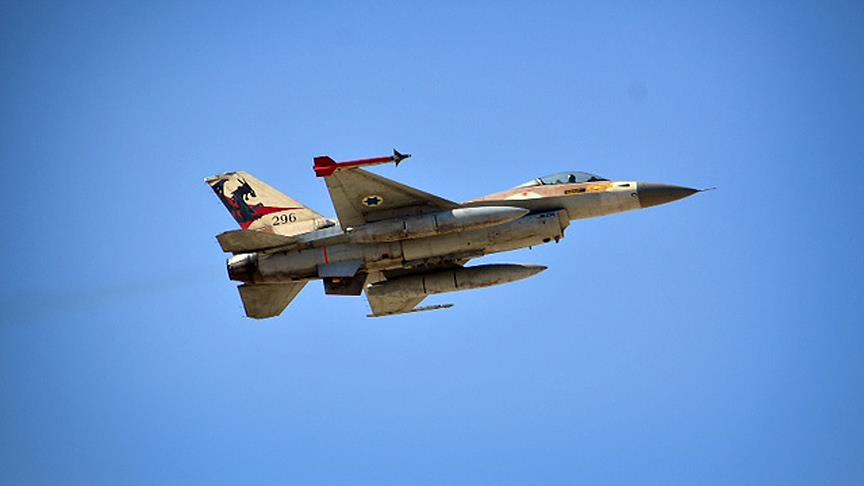
Lebanon evacuates hospitals in southern Beirut as Israeli airstrikes intensify
As the conflict between Hezbollah and Israel escalates, the Lebanese Health Ministry announced the evacuation of hospitals in southern Beirut. Over 40 airstrikes have hit densely populated areas, including Burj al-Barajneh, Kafaat, and Hadath, causing widespread destruction. The Health Ministry confirmed that six people were killed and 91 injured in the latest bombings.
In a separate airstrike, Israeli forces targeted a house in the town of Ain in Lebanon’s Bekaa Valley, killing at least 11 people. According to Lebanon’s National News Agency, rescue operations are still ongoing to recover five more bodies from the rubble. The strike on Bekaa Valley is part of a broader Israeli campaign against Hezbollah positions in Lebanon.
The Lebanese Health Ministry has reported that since October 8, a total of 1,640 people in Lebanon have been killed, including 104 children and 194 women, as a result of the conflict. Most of these deaths have occurred in Israeli airstrikes over the past two weeks. Hospitals in unaffected areas across Beirut and Mount Lebanon have been instructed to prioritize patients from southern Beirut and Bekaa Valley, while non-urgent cases are being postponed.
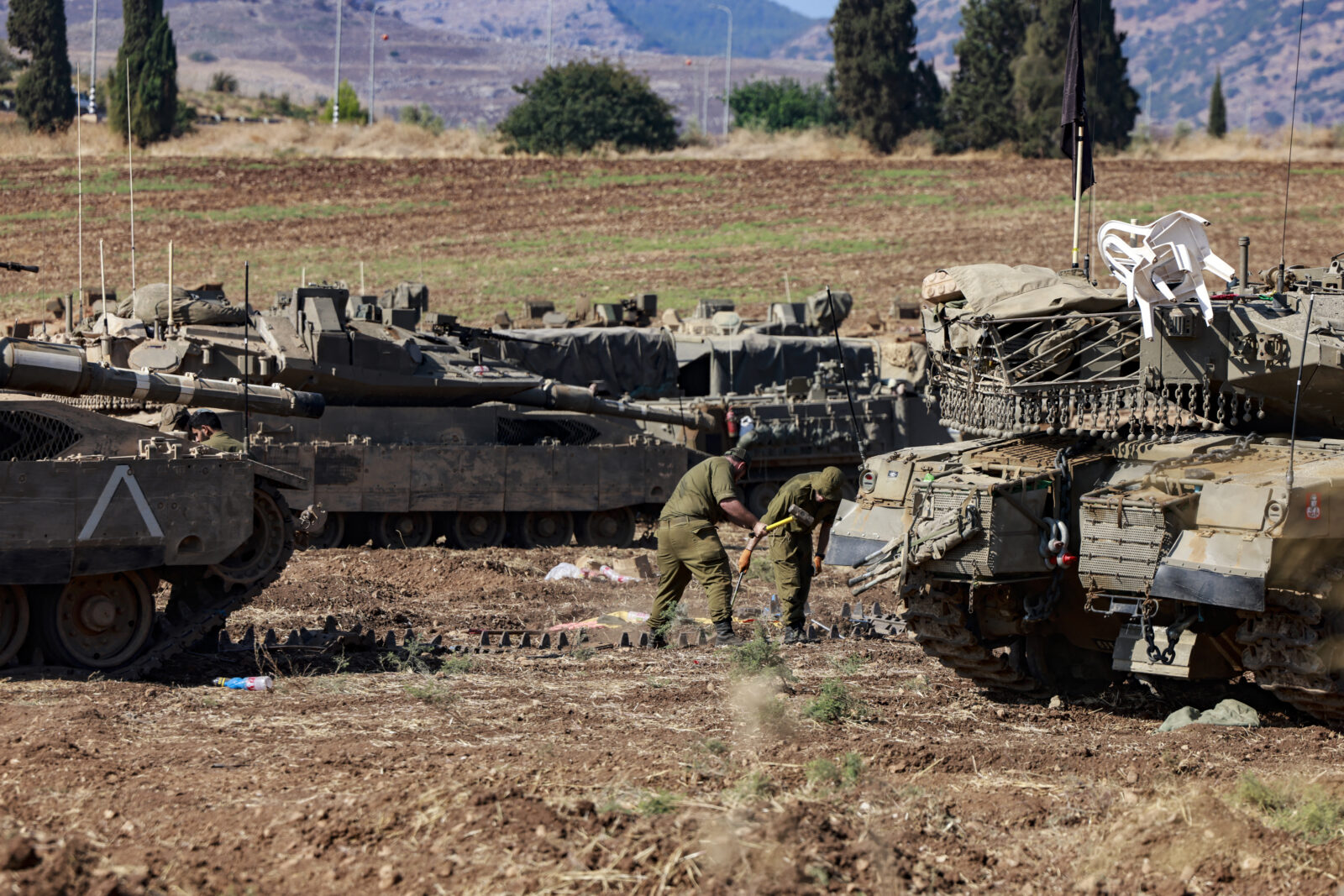
Escalating military conflict between Hezbollah, Israel raises international concerns
The ongoing military conflict between Hezbollah and Israel has drawn international attention, with many fearing it could spiral into a broader regional war. Since the resumption of hostilities, over 1,640 people in Lebanon have died, with more than 2,100 injured.
The Lebanese government estimates that around 200,000 civilians have been displaced due to the recent fighting. The continued exchange of fire between Hezbollah and the Israeli Defense Forces (IDF) has heightened these concerns, particularly as airstrikes continue to target densely populated civilian areas.
The EU’s advisory for airlines to avoid Lebanese and Israeli airspace comes at a critical time as both nations face increased violence due to the military conflict. The international community is watching the situation closely, fearing that further escalation could lead to an even larger regional conflict, affecting not only Lebanon and Israel but other neighboring countries as well.
EASA has reiterated that it will reassess the situation regularly and adjust its recommendations to ensure the safety of all civil aviation operators in the region.



